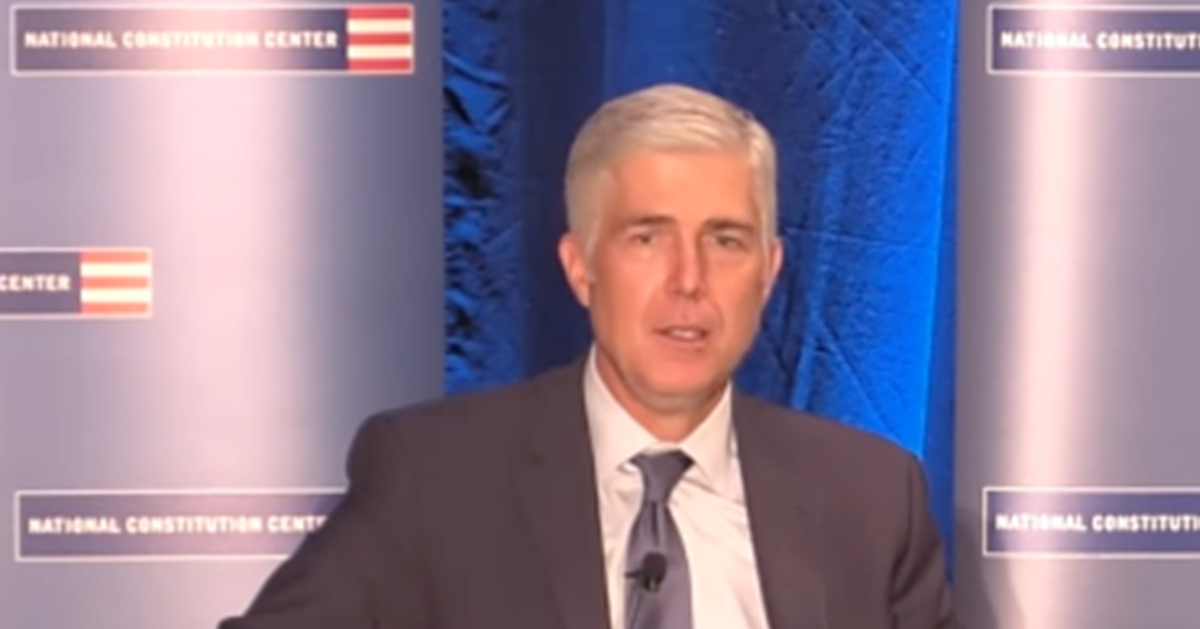Judge in NC Denies GOP's Bid to Block Digital Vote ID
A North Carolina judge has denied Republican efforts to prevent University of North Carolina Chapel Hill students and faculty from using digital IDs at polling stations.
A ruling from Judge Keith Gregory has affirmed that state voting laws do not prohibit digital IDs, rejecting the GOP's concerns about potential voter fraud, as Newsmax reports.
On Thursday, the Wake Superior Court judge ruled in favor of allowing UNC-Chapel Hill students and faculty to use their college-issued digital IDs at polling stations.
The decision comes after a lawsuit was filed by the Republican National Committee and the North Carolina Republican Party the prior week.
Republicans Raised Concerns Over Voter Fraud
The Republicans argued that digital IDs posed a significant risk of "fraudulent votes and inaccurate election" results.
Representing the Republican side, attorney William Elias Boyle stressed that UNC-Chapel Hill students must show a valid photo ID to the university before receiving their digital ID credential.
Despite these arguments, the judge found no credible evidence linking the use of the university's Mobile One Cards with an increased risk of ineligible voting.
Judge Gregory emphasized that the ID could only be used by already registered voters to prove their identity and could not be used by unqualified voters to either register to vote or to vote.
He noted, "An unqualified voter cannot use Mobile One Card to register to vote or vote." Further, the judge pointed out that the Mobile One Card serves as the university’s official ID and has been approved as voter ID in North Carolina according to the university’s website.
Legal Arguments Dismissed by Judge Gregory
Boyle's arguments were dismissed by Judge Gregory, who detailed that the requirements to obtain a digital ID at UNC-Chapel Hill are stringent enough to mitigate the risks posed by potentially fraudulent activities.
The judge highlighted that the state voting law does not specifically ban digital IDs, effectively countering the Republican claim that digital IDs could undermine election integrity.
"The Republicans have not advanced any credible link between the state board's approval of Mobile One Cards and heightened risk of ineligible voters casting illegal votes," Judge Gregory stated.
His ruling asserts that the cards can be used solely to verify the identity of registered voters.
The Importance of the Mobile One Card
The Mobile One Card holds significant value for UNC-Chapel Hill students and faculty, providing them with a convenient, digital method of proving their identity at polling stations.
This ruling is seen as a considerable victory for the effort to modernize voting procedures and for those advocating for broader access to valid ID forms.
By allowing the use of digital IDs, Judge Gregory's ruling aligns with growing trends across various states aiming to incorporate technology into the voting process. The decision could set a precedent for similar cases in the future, potentially influencing nationwide policies regarding the use of digital identification for voting purposes.
Broader Implications for Voting Procedures
The legal tussle between the Republicans and Judge Gregory highlights ongoing tensions regarding voting procedures and election integrity. The GOP’s concerns about voter fraud are not new, but this case specifically focused on the evolving landscape of digital identification. The outcome of this ruling could pave the way for more inclusive and technologically advanced methods of voter identification.
While opponents of digital IDs argue they pose security risks, supporters contend that such innovations are necessary for maintaining the accessibility and efficiency of the electoral process. Judge Gregory's decision underscores what some feel is the importance of evolving legal frameworks to keep pace with technological advancements.



